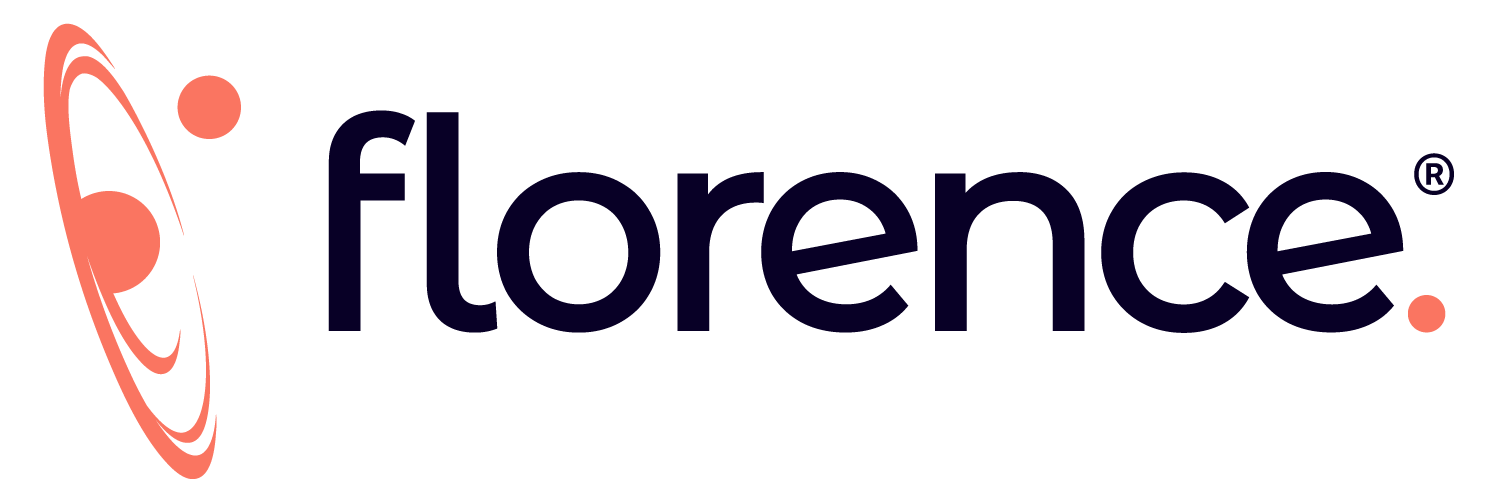The Final DCT Guidance: I’m Not Mad at It
By Catherine Gregor, Chief Clinical Trial Officer at Florence Healthcare
The FDA recently released its final guidance on the conduct of Decentralized Clinical Trials (DCTs), and I, for one, couldn’t be happier with the results. This latest guidance marks a significant improvement over the 2023 draft by addressing key operational pain points for both sites and sponsors as they navigate the DCT landscape. Two of the most impactful changes—the removal of the healthcare provider (HCP) task log requirement and the clarification on sponsor oversight regarding third-party vendors—demonstrate the FDA’s commitment to simplifying decentralized trial management. These updates encourage the adoption of a more modern, patient-centric approach to clinical trials.
General Overview of the Guidance
Overall, the final guidance reiterates many of the key points from the original draft. The FDA acknowledges that DCTs may exhibit greater data variability, especially when compared to traditional study models using control drugs. To mitigate this issue, the guidance recommends that sponsors consult with the FDA to ensure appropriate trial size and design.
Telehealth remains an approved method for assessing patients in DCTs, reducing the need for patients to travel or take time off for in-person visits. The guidance also requires that all digital health technologies used in DCTs be validated per the agency’s Digital Health guidance. Further, the FDA endorses the use of a “Bring Your Own Device” (BYOD) approach but cautions sponsors to provide backup options for patients who may not have access to their own technology. This is a key step to ensure that recruitment efforts are equitable and do not exclude potential participants based on socioeconomic factors.
Making it Easier to Work with Local Healthcare Providers (HCPs)
The 2023 guidance introduced the concept of a “Task Log” as an additional record-keeping layer for local HCPs involved in patient care but not included on the delegation of authority (DOA) forms or the Form 1572. While well-intentioned, this change only added more administrative burden to sites already overwhelmed with record-keeping duties.
Thankfully, the 2024 guidance removes the Task Log requirement, streamlining operational workflows for sites and sponsors. Investigators are no longer required to maintain a separate log for HCPs performing standard care procedures, reducing documentation fatigue while still maintaining patient safety and trial integrity. This change prevents unnecessary complexity in trial oversight and allows clinical teams to focus on participant care and data collection.
Additionally, the FDA provided much-needed clarity on the distinction between an HCP and a Sub-Investigator. The guidance states that HCPs should only perform tasks within their usual scope of practice and not activities requiring detailed knowledge of the protocol or investigational product. This precise definition will help prevent misinterpretation and make it easier for sites to partner with local HCPs, improving access to decentralized care within patients’ communities.
Clarification on Sponsor Oversight of Third-Party Vendors
A longstanding issue in decentralized trials has been the oversight of third-party vendors, such as home health agencies. Under the 2023 guidance, there was confusion about the level of oversight required from principal investigators (PIs) for vendor-contracted staff. Since home health workers are often contracted by sponsors and not directly employed by PIs, this created a gray area regarding compliance and training.
The 2024 guidance addresses this issue head-on, clarifying that sponsors are fully responsible for the activities of any third-party vendors they contract. This change alleviates the pressure on PIs to directly manage remote staff outside their control. The FDA emphasizes the importance of sponsors establishing robust monitoring systems to maintain trial quality and data integrity, ensuring that protocols are followed rigorously. This clarification allows PIs to focus on their core clinical responsibilities, while sponsors assume accountability for their contracted vendors’ actions.
A Step Forward for DCTs
Overall, the FDA’s 2024 guidance demonstrates a thoughtful, pragmatic approach to decentralizing clinical trials. By removing the HCP task log and clarifying sponsor oversight responsibilities, the guidance simplifies operational processes without compromising safety or data quality. These updates are likely to accelerate the adoption of decentralized trials, offering more flexibility and accessibility for both patients and investigators.
Ultimately, the 2024 guidance strikes a balance between operational simplicity and rigorous oversight, ensuring that all stakeholders—sponsors, investigators, and patients—can benefit from the promise of decentralized clinical trials. As the clinical research landscape continues to evolve, these changes set the stage for a more patient-centric and efficient future.
Optimizing Clinical Trials (while staying fully compliant) is what we do. Find out how we can help you reduce costs, and streamline clinical trials.

